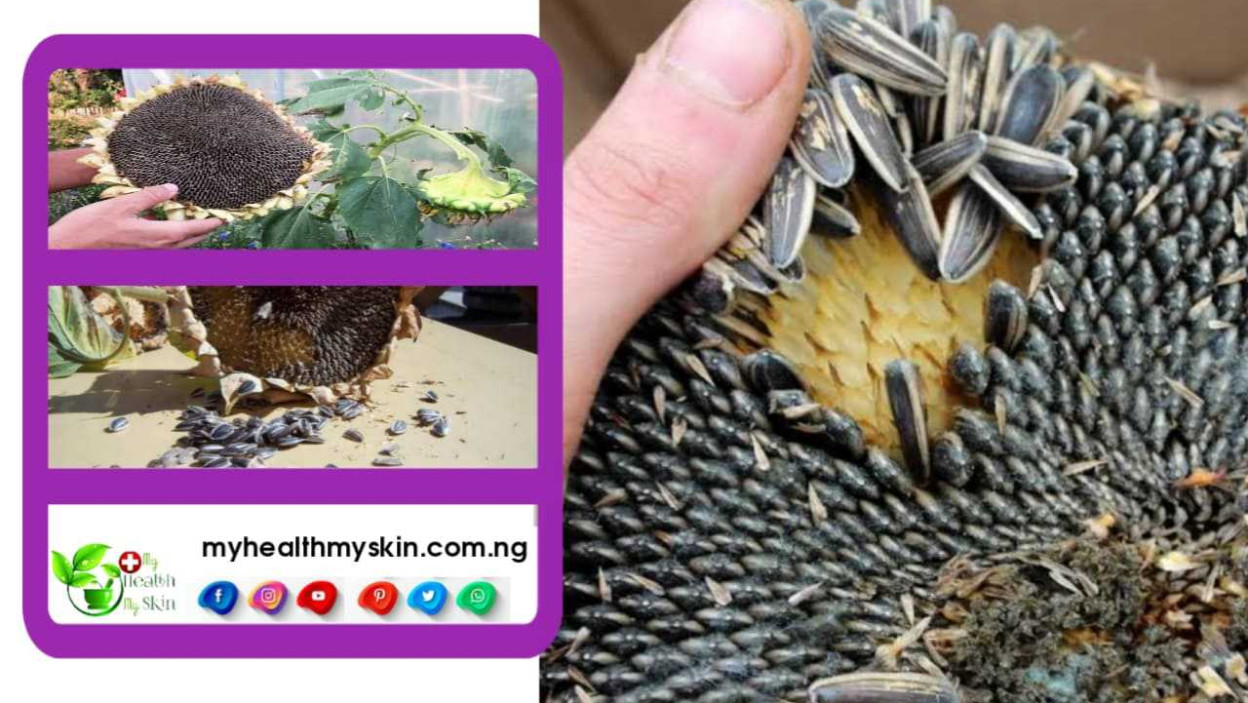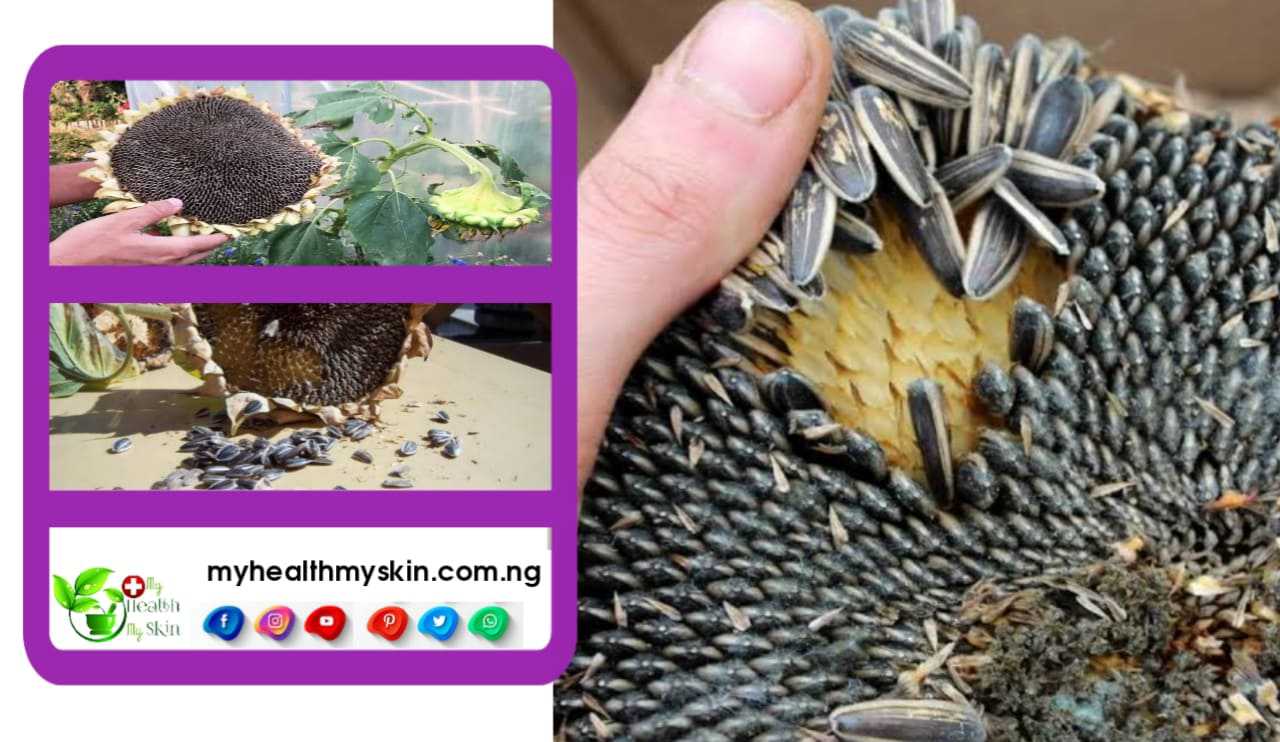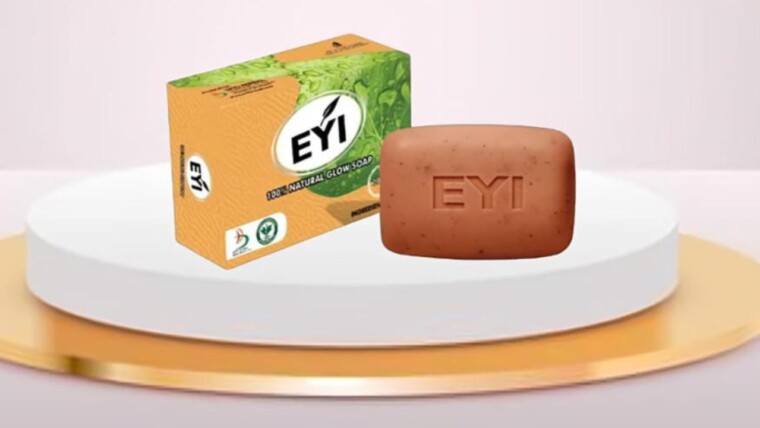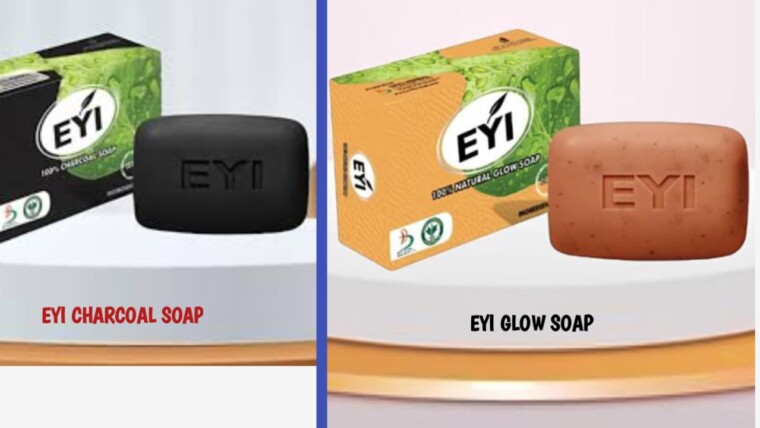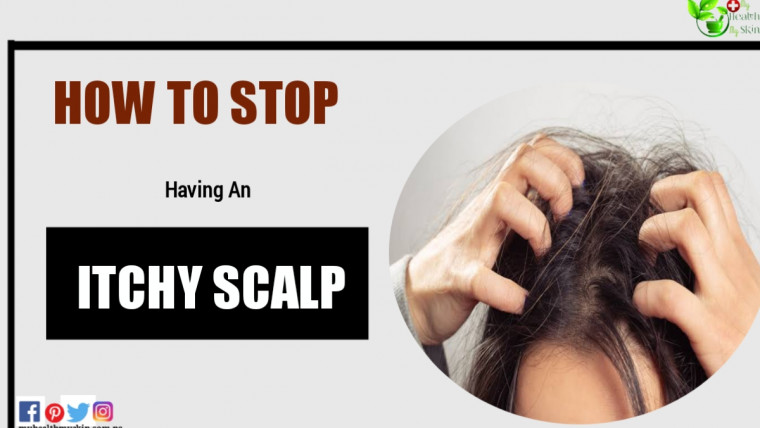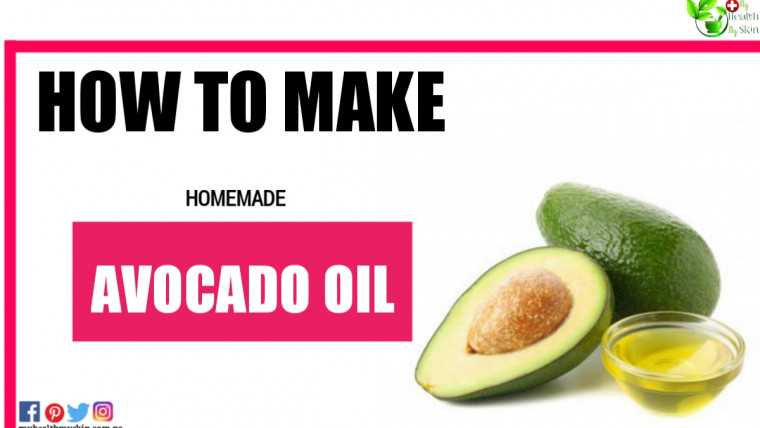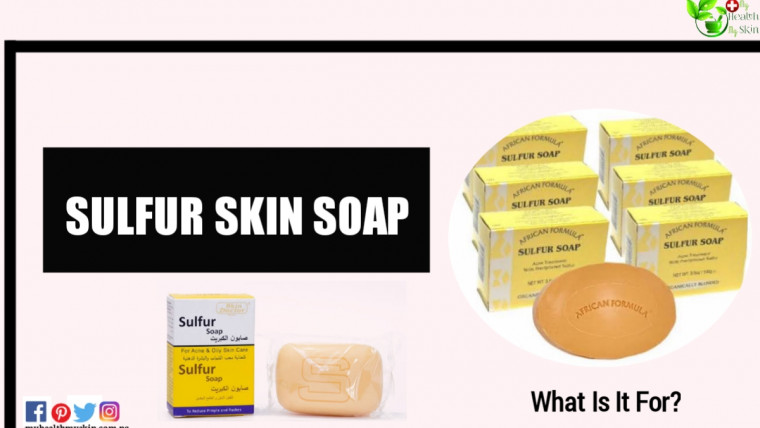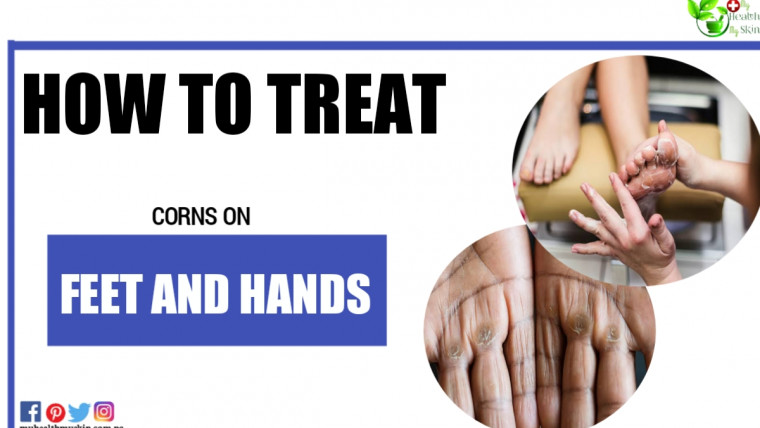Sunflower is extremely demanded in Ukraine but what are the benefits of sunflower seeds for skin and hair.
Sunflower seeds are generally used as snack because it is addictive, and this snack is quite popular among the Chinese. According to reports, people within all social and income levels consume them. Despite their small size, sunflower seeds have many benefits.
The Sunflower plant is scientifically called Helianthus annuus. The seed which is covered by a black shell with white stripes has a savory taste and has a crunchy texture.
Sunflower are grown in various countries around the world, including Russia, Turkey, India, Iran, other countries in Asia and the Middle East, South America and the United States. Here we want to talk about the benefits of sunflower seeds which can actually be called the fruit of the sunflower.
[lwptoc]
Nutritional Values
| Nutritional elements | per 100g | per 15g | % RDA* for 100 g | % RDA* for 15 g |
| Energy (Kcal) | 653 | 98 | 33 | 5 |
| Energy (Kj) | 2734 | 410 | 33 | 5 |
| Lipids (g) | 55.5 | 8.32 | 79 | 12 |
| Saturated fatty acids (g) | 6.23 | 0.93 | 31 | 5 |
| Monounsaturated fatty acids (g) | 10.9 | 1.63 | ||
| Polyunsaturated fatty acids (g) | 35.6 | 5.34 | ||
| Carbohydrates (g) | 10.1 | 1.51 | 4 | 1 |
| Of which sugars (g) | 2.62 | 0.39 | 3 | 0 |
| Of which starch (g) | 3.8 | 0.57 | ||
| Dietary fiber (g) | 6.4 | 0.96 | ||
| Protein (g) | 25.1 | 3.76 | 50 | 8 |
| Salt (g) | 0.01 | 0 | 0 | 0 |
| Vitamin A (µg) | 30 | 4.5 | 4 | 1 |
| Vitamin B1 (mg) | 1.98 | 0.29 | 180 | 27 |
| Vitamin B2 (mg) | 0.16 | 0.02 | 11 | 2 |
| Vitamin B3 (mg) | 4.8 | 0.72 | 30 | 5 |
| Vitamin B5 (mg) | 0.83 | 0.12 | 14 | 2 |
| Vitamin B6 (mg) | 1.24 | 0.18 | 89 | 13 |
| Vitamin B9 (µg) | 254 | 38.1 | 127 | 19 |
| Vitamin B12 (µg) | 0 | 0 | 0 | 0 |
| Vitamin C (mg) | 1.4 | 9.21 | 2 | 0 |
| Vitamin E (mg) | 42.3 | 6.34 | 353 | 53 |
| Calcium (mg) | 86.5 | 12.97 | 11 | 2 |
| Copper (mg) | 1.5 | 0.22 | 150 | 23 |
| Iron (mg) | 4.9 | 0.73 | 35 | 5 |
| Iodine (µg) | 5 | 0.75 | 3 | 1 |
| Magnesium (mg) | 364 | 54.6 | 97 | 15 |
| Manganese (mg) | 1.95 | 0.29 | 98 | 15 |
| Phosphorus (mg) | 477 | 71.55 | 68 | 10 |
| Potassium (mg) | 578 | 86.7 | 29 | 4 |
| Selenium (µg) | 8.41 | 1.26 | 15 | 2 |
| Zinc (mg) | 3.8 | 0.57 | 38 | 6 |
Recommended daily allowance
Sunflower seeds have gained popularity in recent years because of the nutritional benefits it provides to the body. Infact, Sunflower seeds contain essential vitamins, minerals, including fatty acids and calories.
They are found in the middle of the sunflower and are black in color. The classification of sunflower seeds is done on the level of saturated, monounsaturated and polyunsaturated fats.
The seed which is covered by a black shell with white stripes has a savory taste and has a crunchy texture.
All About Sunflower Seeds
As mentioned earlier, Sunflower seeds are found in the middle of the sunflower. Sometimes, it reaches a diameter of about 30 centimeters. Inside each sunflower there are about 2000 seeds.
Generally, two types of products are obtained from sunflower plants; The first product is the popular edible seeds, which are consumed as a snack.
Another sunflower product is the hard-shelled black seeds that are used to make oil. Sunflower seeds are rich in minerals, vitamins and healthy oils.
These seeds have a mild and pleasant taste. Sunflower seeds can be eaten fried or roasted, or cooked whole, chopped, ground or sprouted.
Sunflower seeds are very versatile and can be added to many dishes, because they are high in protein, adding sunflower seeds to dishes can enhance the nutritional value of food and can make a unique addition to salads, stuffing, sauces, dishes, cakes and yogurt The crispy taste; sunflower seeds can also be used to extract oil, which is known as “healthy product”; sunflower seeds can not only be eaten, but also can be cooked after sprouting, and the taste is refreshing and delicious.
Sunflower seeds can be used not only as a snack, but also as a raw material for making pastries. Since sunflower seeds are the seeds of plants and contain a lot of oil, sunflower seeds are also important raw materials for oil extraction. Sunflower oil is a high-grade healthy oil highly respected by the nutritional circles.
What is the calorie content of sunflower seeds?
The body can burn a certain number of calories during the day. As a matter of facts, consuming high-calorie foods in excess is one of the effective factors in weight gain. And also, Excessive consumption of nutrients and their excess can result to weight gain.
The body stores extra calories as fat. The number of calories in sunflower seeds per ounce of dried sunflower seeds (equivalent to 30 grams or a quarter cup of roasted seeds) is 190.
It contains 14 grams of fat. This means, 1.5 grams is saturated fat and the rest is unsaturated fat.
This amount of sunflower seeds also contains 5.5 grams of protein, 6.5 grams of carbohydrates, and 3 grams of fiber. There are 3 types of sunflower seeds.
Types of sunflower seeds
Linoleic
high oleic acid
NuSun Oil—Future Replacement Oil
Benefits of Sunflower seeds for skin and hair
Including nuts and seeds in your diet can benefit your skin and hair. In fact, adding sunflower seeds to your diet can boost your overall intake of nuts and seeds. These seeds also offer specific health benefits due to their nutrient content. However, do the benefits of Sunflower seeds also translate to skin and hair? Continue Reading to Find it!
Benefits of Sunflower seeds for skin
According to reports, people who regularly include sunflower seeds into skin and hair regimen have a lower risk of developing severe skin diseases. Sunflower possesses anti‐inflammatory, antioxidant, skin‐protective properties.
As a Moisturizer
The linoleic acid present in sunflower seeds is said to be a great skin moisturizer, it helps to maintain the skin’s natural moisture and nourishes the skin. You can also use sunflower oil before bed.
Fights Acne
Sunflower seeds contain fatty acids, which are responsible for smooth skin. They also have antibacterial properties that keep bacteria away from the skin, thus preventing acne from developing. Severe skin diseases, such as dermatitis and eczema, can also be cured with sunflower oil. Sunflower oil can also be used as baby oil for babies.
As an Anti-aging Product
The skin needs maintenance and the vitamin E present in sunflowers will fight the action of free radicals and prevent the appearance of wrinkles. It also has beta- carotene, which is said to protect the skin from sun damage. When exposed to the external environment, the skin tends to come into contact with air pollutants. Damage can be managed by using sunflower oil.
Helps Skin Maintenance
Copper is important for the skin. It is used to produce melanin, the compound responsible for skin color. Therefore, the microparticles in copper are used to protect the skin from UV rays, thus maintaining the skin color.
Benefits of Sunflower seeds for hair
Many studies link the consumption of sunflower seed with a number of benefits for hair. For example, reducing the risk of hair loss. Sunflower seed is also known to contain nutrients that prevents thinning and can increase hair growth. Here are some of the benefits of Sunflower seeds for hair:
As a Moisturizer
Omega 6 fatty acids present in sunflower seeds prevent hair thinning by providing it with essential nutrients.
Prevent Hair Loss
Sunflower seeds contain vitamin B6, which prevents hair loss due to its zinc absorbing capacity. It also increases the oxygen supply to the scalp, thereby controlling hair loss.
Helps Hair Grow
Vitamin E and zinc present in sunflower seeds promote hair growth. Blood circulation in the scalp is increased due to the presence of vitamins. Too much zinc consumption can also lead to hair loss. Therefore, do not consume in excess.
Other benefits of sunflower seeds
15 grams of Sunflower seeds contain a significant portion of the Population Dietary Reference (PRN) of the following nutrients: Fibre, Vitamin B1, Vitamin B6, Vitamin B9, Vitamin E, Copper, Magnesium, Manganese and Phosphorus. They also contain, to a lesser extent, Proteins, Zinc and Iron.
Digestive System
Constipation is the consequence of an overly processed diet: with low fiber intake (see our constipation and diet guide ). Sunflower seeds stimulate intestinal transit through their high fiber content.
Metabolism
The nutritional composition of Sunflower seeds allows them to act on the main diseases of civilisation: diabetes and hypercholesterolemia. Naturally rich in fibre, they reduce the absorption of carbohydrates and cholesterol. This effect supports the body’s management of cholesterol and blood sugar.
Pregnancy And Postpartum
Lack of Vitamin B9 intensifies the risk of fetal malformation. Daily requirements should be met with foods rich in vitamin B9, such as sunflower seeds.
Improves Mental Health
True. Sunflower seeds are an excellent source of tryptophan, a nutrient known to be a precursor to the synthesis of serotonin in the body and, consequently, is responsible for improving mood and fighting symptoms associated with depression.
How to use sunflower seeds
If you’ve ever wondered about the many ways we use sunflowers, you’ll realize how underrated their diversity is.
Even if you’re not a fan of the yellow circle, if you look closely at it, you may find yourself admiring its natural beauty. But there is more beauty to meet in the eyes.
Sunflower seed is considered a healthy choice to add to your diet, but did you know it’s good for your skin and hair too? Sunflower seeds for hair and skin might seem like an odd choice, but read on to find out why you should use It and how to use it.
The practice of hair lubrication is common in various cultures, and there are many oils available in nature and now on the market for a variety of hair types and needs.
You should consider oiling your hair with sunflower seed oil extract at least once a week if you:
- Dry scalp
- Dry hair
- Fragile hair
- Scalp
- Curly or coiled or thick
Depending on the severity of your hair problem, you should increase the duration every week.
It is not necessary and in some cases not recommended to use this sunflower oil as a standalone oil for hair.
However, if you are using sunflower oil on its own, make sure to start with as little as possible and lightly coat your scalp and roots for proper absorption and nourishment to your scalp.
In other cases, it is better to combine a quarter of sunflower seed oil extract with essential oils and others. (A safe choice for almost all hair types is Cocunut oil). Start by massaging this mixture gently into your scalp and roots. Do it once or twice a week, before bed. Wash your hair with your regular shampoo the next morning. Sunflower seed oil isn’t the only option for pomade, but it’s definitely a good one.
As for your skin, consuming these seeds directly will always be your best bet; however, if you want to use them topically, here is a simple face pack that you can make with sunflower seeds.
Yogurt, lemon and sunflower seed oil mask
This is a mask that you can use three times a week and is indicated for all skin types.
Ingredients
- 1 cup of natural yogurt
- 3 cups sunflower seed oil
- 2 cups of lemon juice
Mix all the ingredients gently until you form a creamy paste.
- Apply on the face and let it dry between 15 and 20 minutes.
- Then rinse with warm water. Your skin will feel fresh and smooth.
- This mask can be stored in the refrigerator for a whole week.
With this recipe, you can’t help but have perfect skin!
FAQ’s
What happens to the body when you eat sunflower seeds?
As they contain omega 6 and 9 (beneficial fats for the body), in addition to vitamin E and fiber, sunflower seeds contribute to good heart health. In addition to reducing bad cholesterol levels (LDL), they have antioxidants, which regenerate heart cells, preventing a range of heart diseases.
Is it OK to eat sunflower seeds every day?
According to study, the sunflower seed contains cadmium, a heavy metal that can accumulate in the body causing kidney damage. However, there is no need to be afraid: consuming a portion of sunflower seeds a day will not lead to cadmium poisoning. Thus, you just cannot eat in excess, such as several handfuls a day.
How many Sunflower seeds can you eat a day?
The indicated amount to obtain the benefits of sunflower seed is one to two tablespoons per day. With a neutral flavor, it is very easy to use and can be used in several dishes.
Is Sunflower seeds good for the Skin?
True. These oilseeds are famous for their easy absorption in the body and for the numerous internal benefits, as they act as an antioxidant, anti-inflammatory and skin protector. The seeds are also rich in linoleic acid, a type of fatty acid that allows for a greater preventive effect on skin health.
Is Eating sunflower seeds bad for people with high cholesterol?
Myth. As a source of lipids, yellow flower seeds confuse many people when it comes to cholesterol . However, science proves that moderate consumption in a balanced diet can be beneficial for the control of blood fats, reducing the risk of cardiovascular diseases.
Is Sunflower seed good for weight loss?
Sunflower seed helps to lose weight because its amount of fiber prevents constipation and increases the feeling of satiety, avoiding leaks in the diet.
What is the best way to consume sunflower seeds?
Use the seeds to season salads, yogurts, breads and cakes. After preparing the roasted sunflower seeds, you can use them to enhance different dishes – such as salads, yogurts, smoothies, sauces and even recipes for breads, cakes, cookies and other homemade pastas.
Conclusion
One of the best ways to use sunflower seeds outside of the kitchen is on your skin and hair. It helps you maintain the health of your natural hair, nourishes the scalp, supports healthy hair growth, and helps your brunette shine.
One of the most popular and beneficial qualities of sunflower seeds for hair and skin is that it is rich in vitamin E. According to the USDA Food Data Center, a 100-gram packet of sunflower oil contains more than 41 mg of vitamin E or alpha-tocopherol.
Vitamin E is beneficial for healthy hair and scalp. It stimulates blood circulation in the scalp, thereby promoting healthy hair growth.
An animal study published in the Canadian Journal of Zoology found that vitamin E deficiency disrupted the molt cycle in crustacean seals, significantly affecting skin health.
Overall, vitamin E isn’t the only blessing for hair and scalp health, but it is a form of help when it comes to keeping your hair healthy.
We hope this article helped you learn the benefits of sunflower seeds for skin and hair. You may also want to learn the Benefits of lemon seed for Health and Skin, or check out our Beauty & Skin Care category.
If you liked this article, then please share on your social networks and stay tuned for upcoming articles. You can also find us on Telegram and Facebook.

